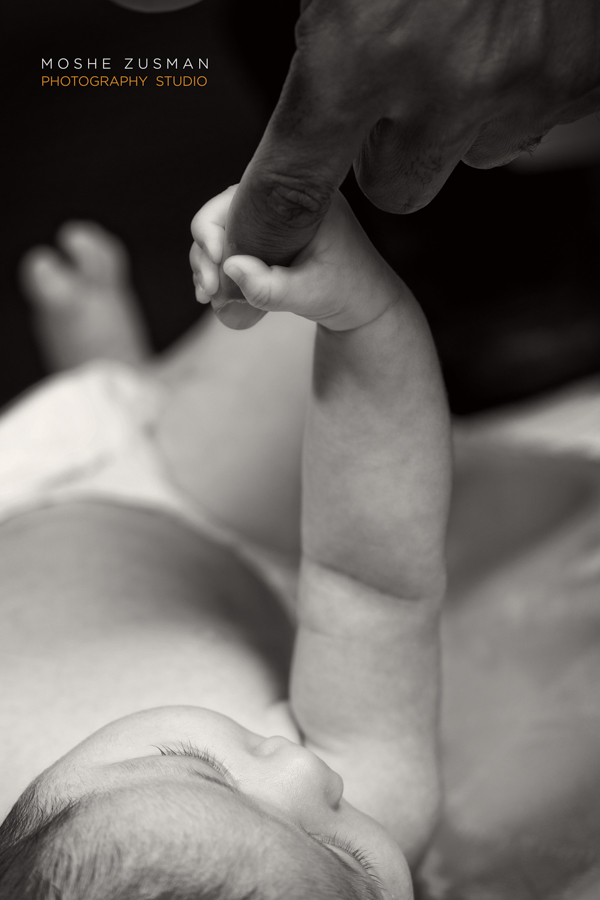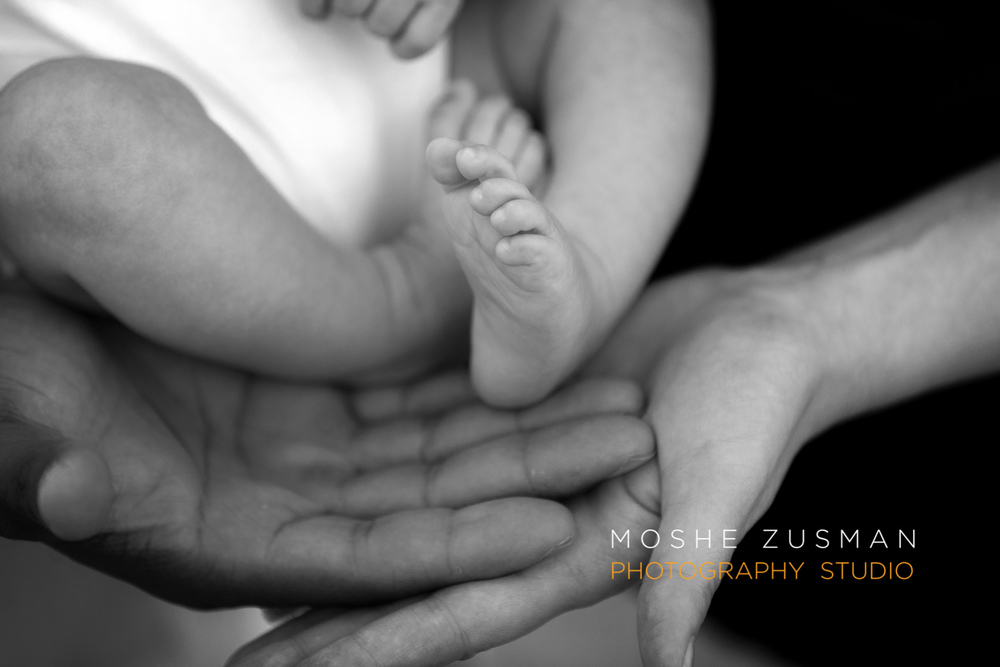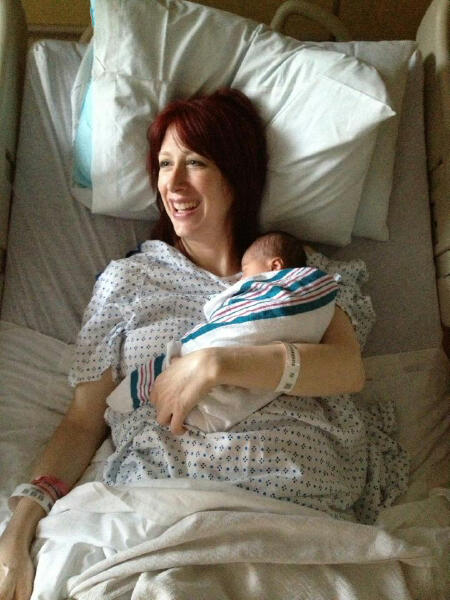There was a time when I embraced the pink of breast cancer. I know better now.
Pink epitomizes all that is sweet and feminine. A pink ribbon is small and aesthetically pleasing. Breast cancer is anything but pink and pretty. The reality of battling the disease is enormous and ugly. Pink ribbons are gender-stereotyped accessories for my infant daughter, and no longer empowering for me as a breast cancer survivor.
There was a time when I embraced the sexualization of breast cancer. I know better now.
When one thinks of “tatas” and “second base,” smiles often ensue. Our culture is obsessed with full, perky breasts. Heterosexual men fantasize about them, and more than 300,000 women annually in the US get breast augmentation to fit that mold.
It’s a lot easier to focus on the fact that a woman’s breasts are buoyant after reconstruction than to discuss how cancer has affected her breasts. Picture multiple surgeries, drains, expanders, large scars, burns from radiation, and no nipples. That’s the reality for most women under 50 after they’ve been diagnosed with breast cancer. It’s not the nipple-sparing surgeries and immediately reconstructed breasts of women impacted by this disease that the media chooses to highlight.
There was a time when I didn’t think about breast cancer spokeswomen. I know better now.
The celebrities the media features with breast cancer are typically women who have a genetic marker for the disease or who were diagnosed at the earliest possible stage and didn’t require chemotherapy. The common denominator to this equation is that all of these women have hair — and often, long, flowing locks! These women personify a standard of female beauty that is far from the reality experienced by women in the chemotherapy room. Images of bald women are few and far between. Those bald women who do share their stories with a large media outlet often do so with a stylist, a makeup artist and airbrushing. The raw pictures of breast cancer like those in The Scar Project don’t receive the same coverage. That’s not how the majority of society wishes to see women.
There was a time when I thought that we needed more breast cancer awareness. I know better now.
In this day and age of pinkwashing, we are aware of breast cancer and its impact. It’s time for action and for talking about those elements of the disease that need to be highlighted. I hope you'll join me in moving beyond the pink and the pretty.


.jpg)





